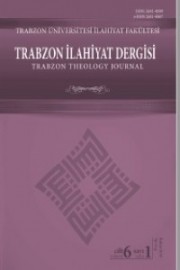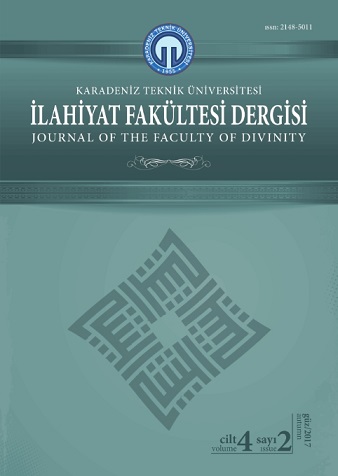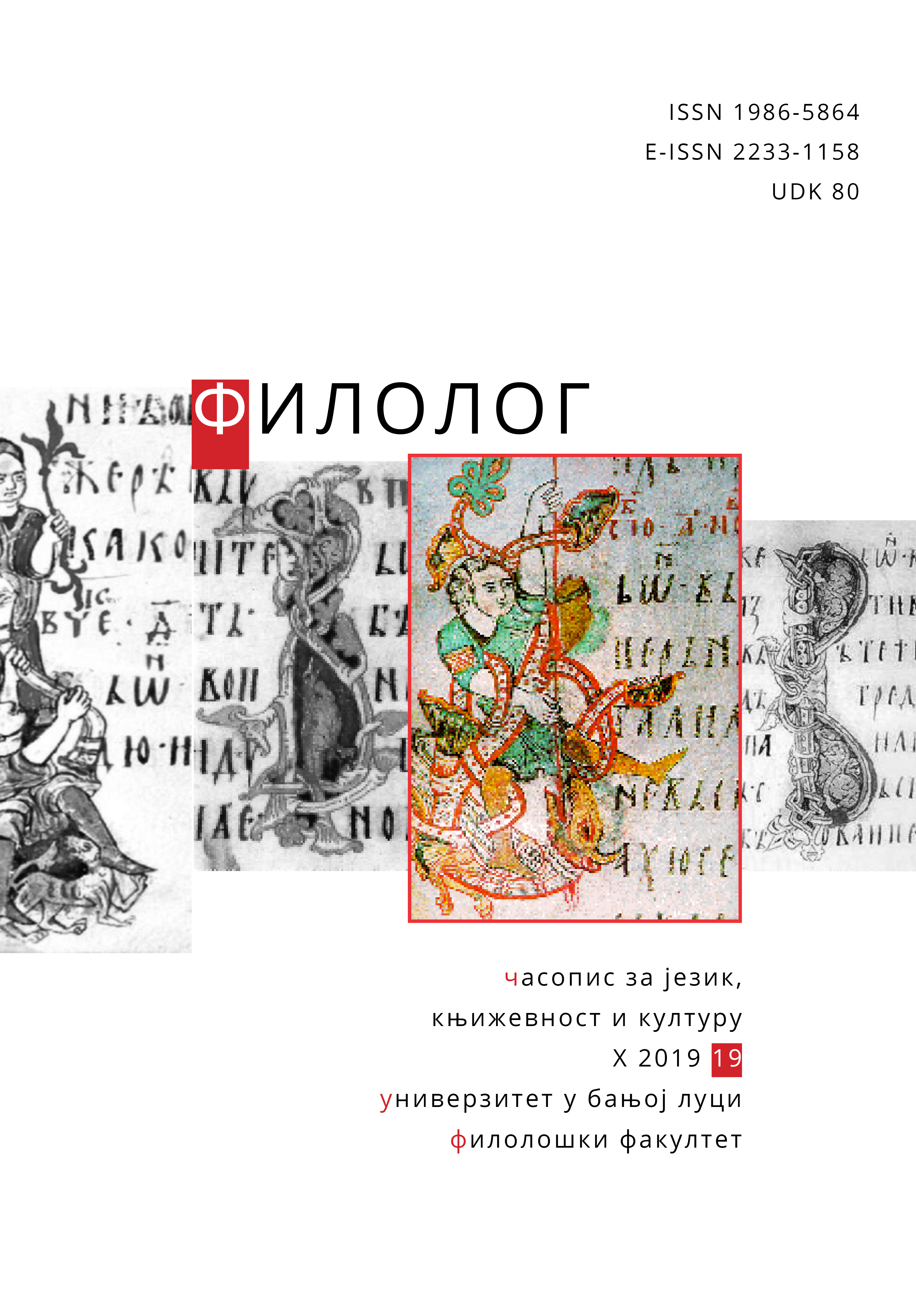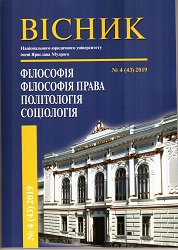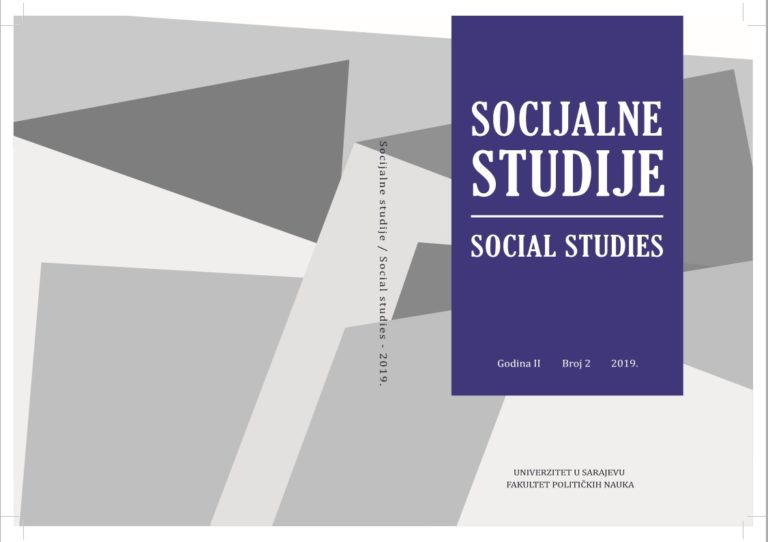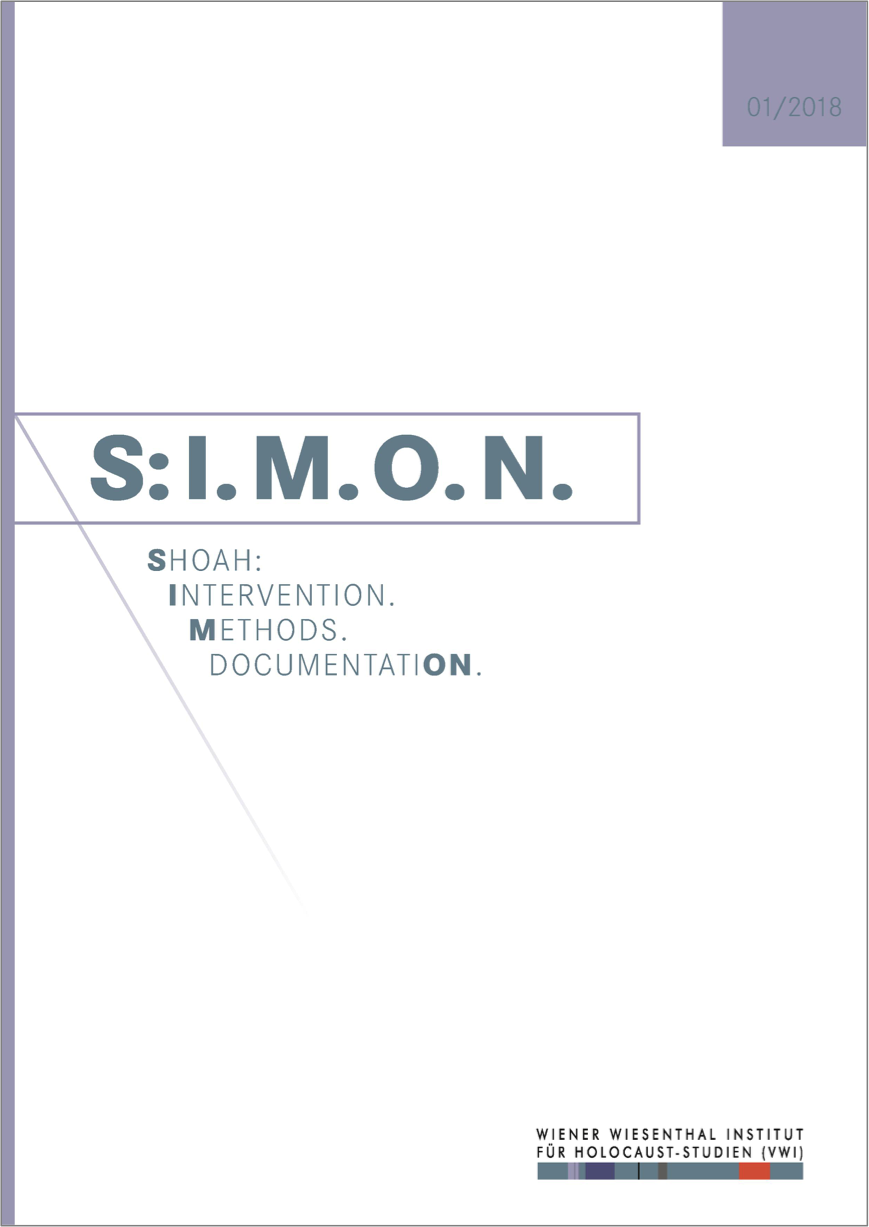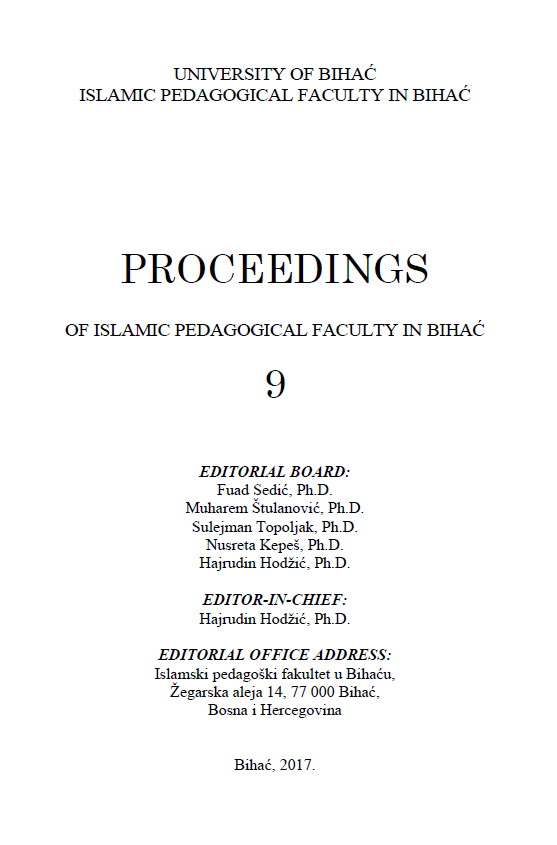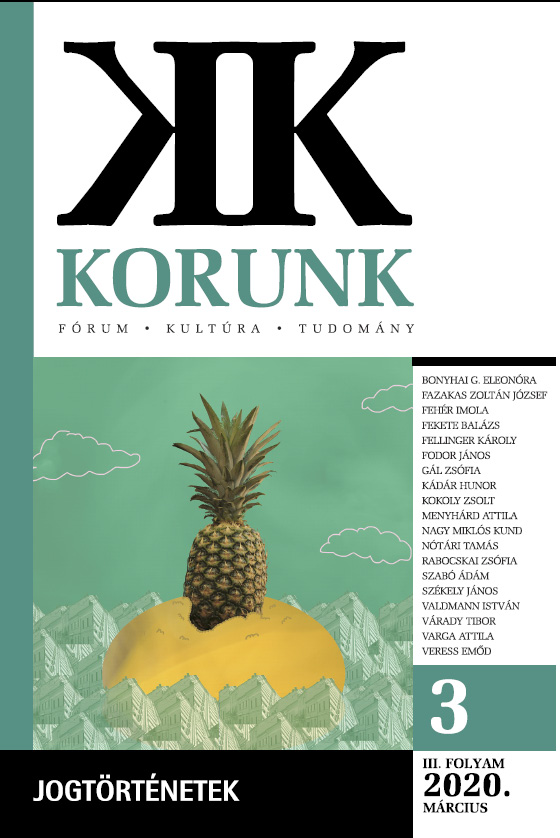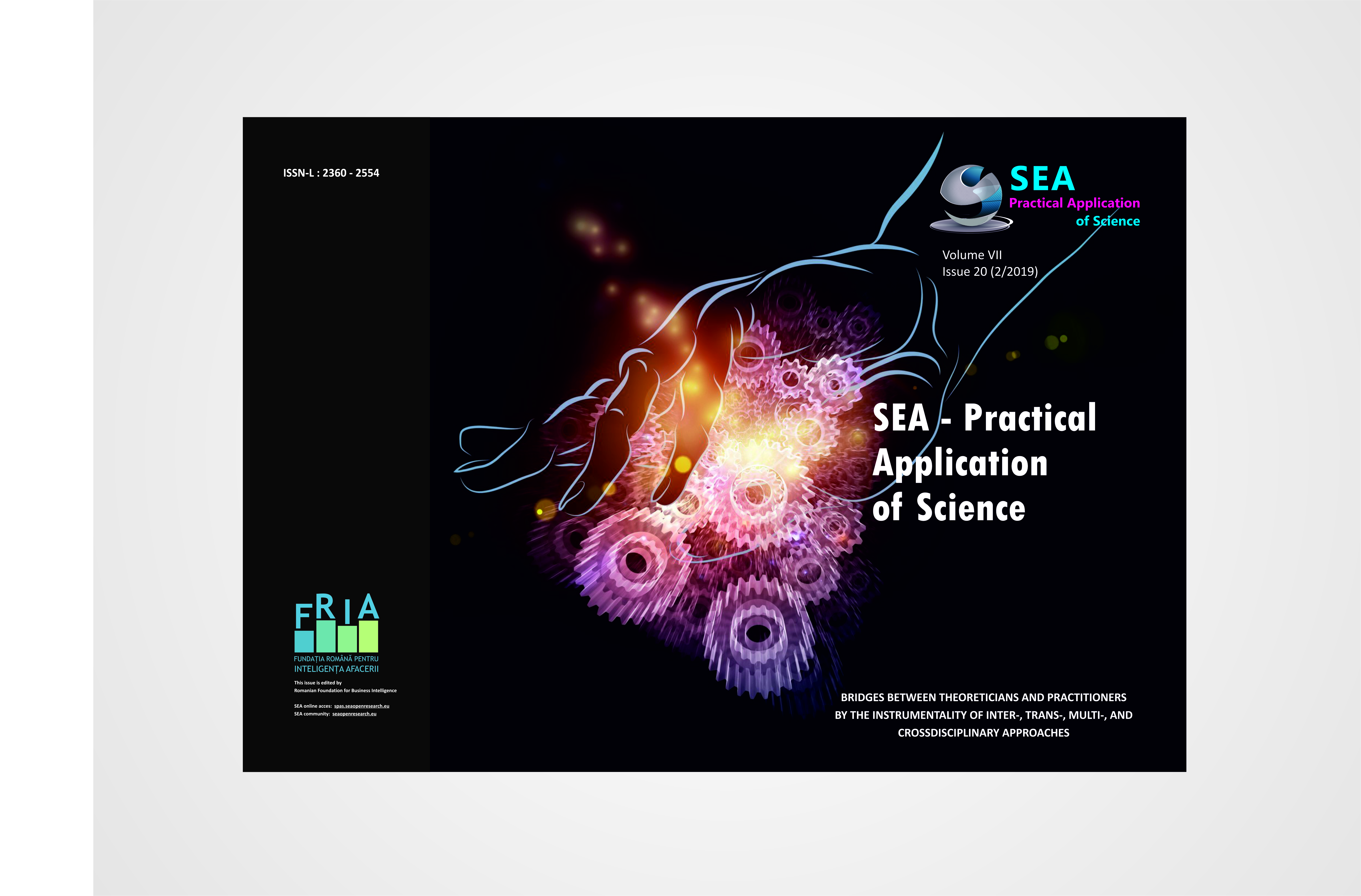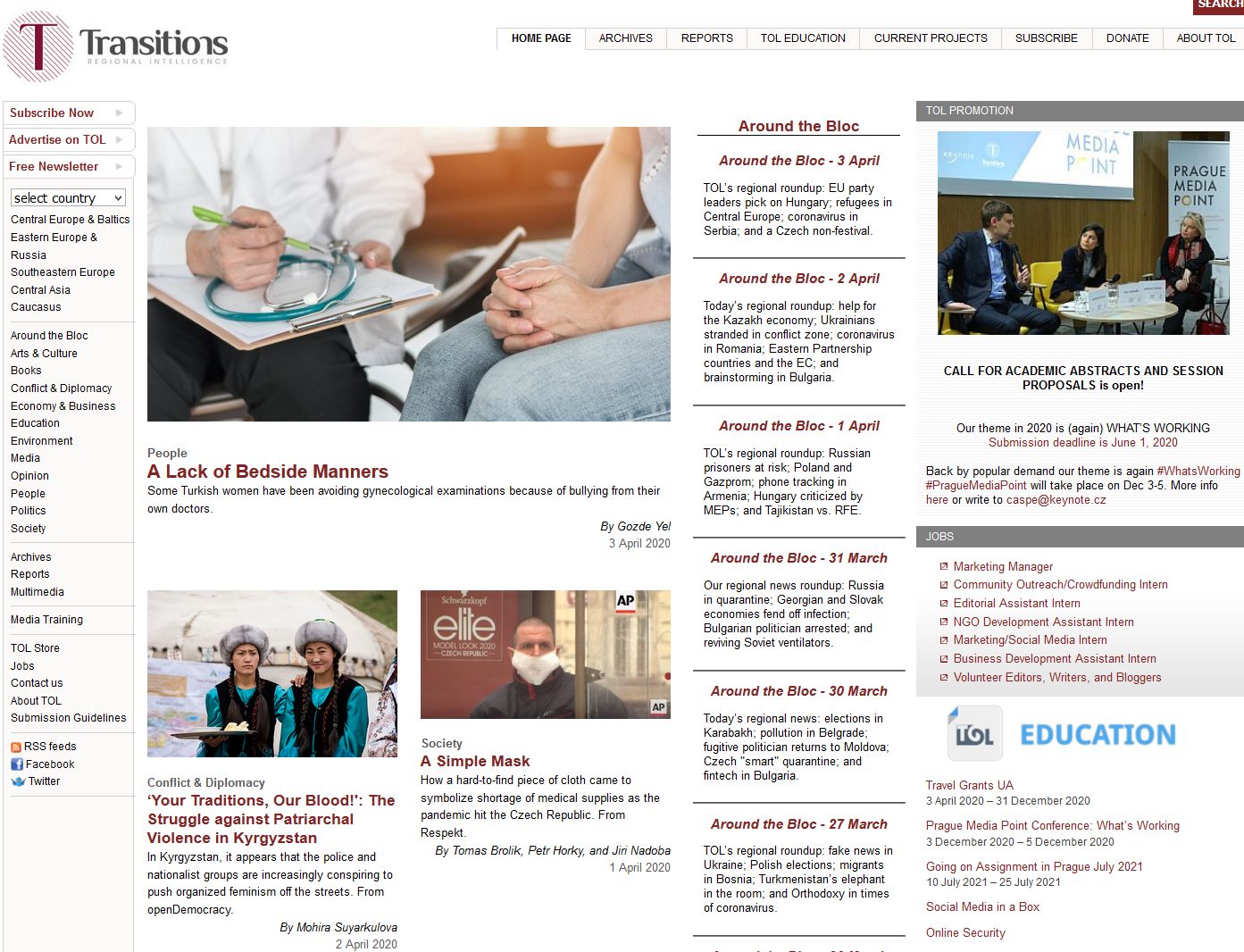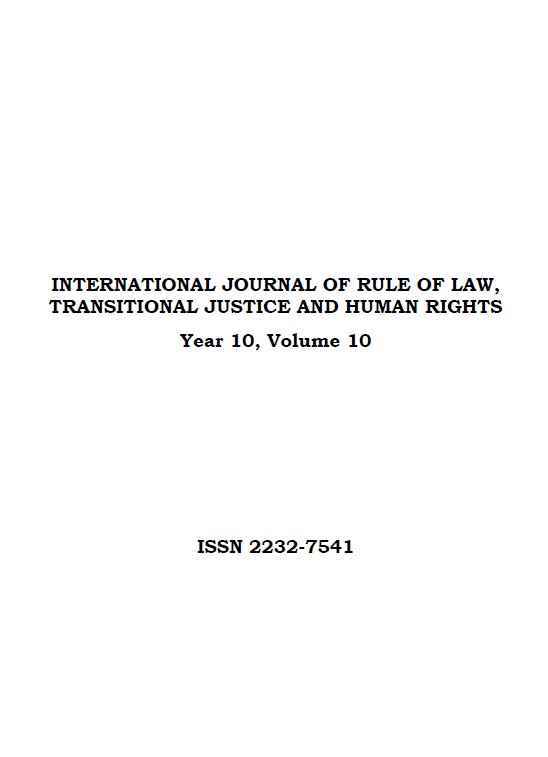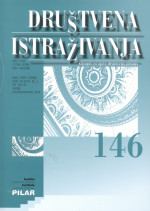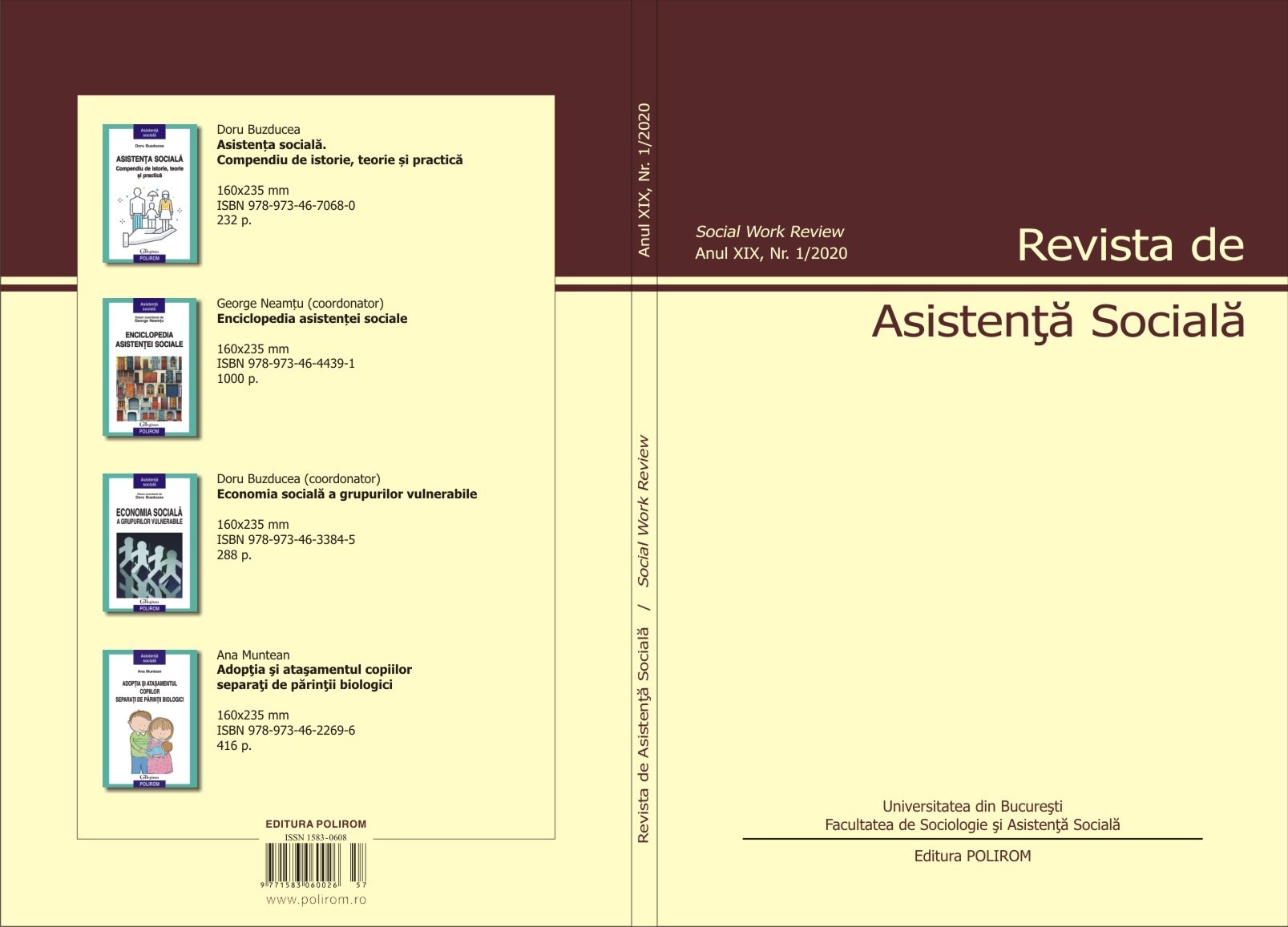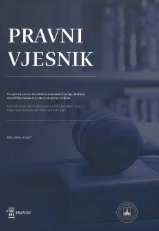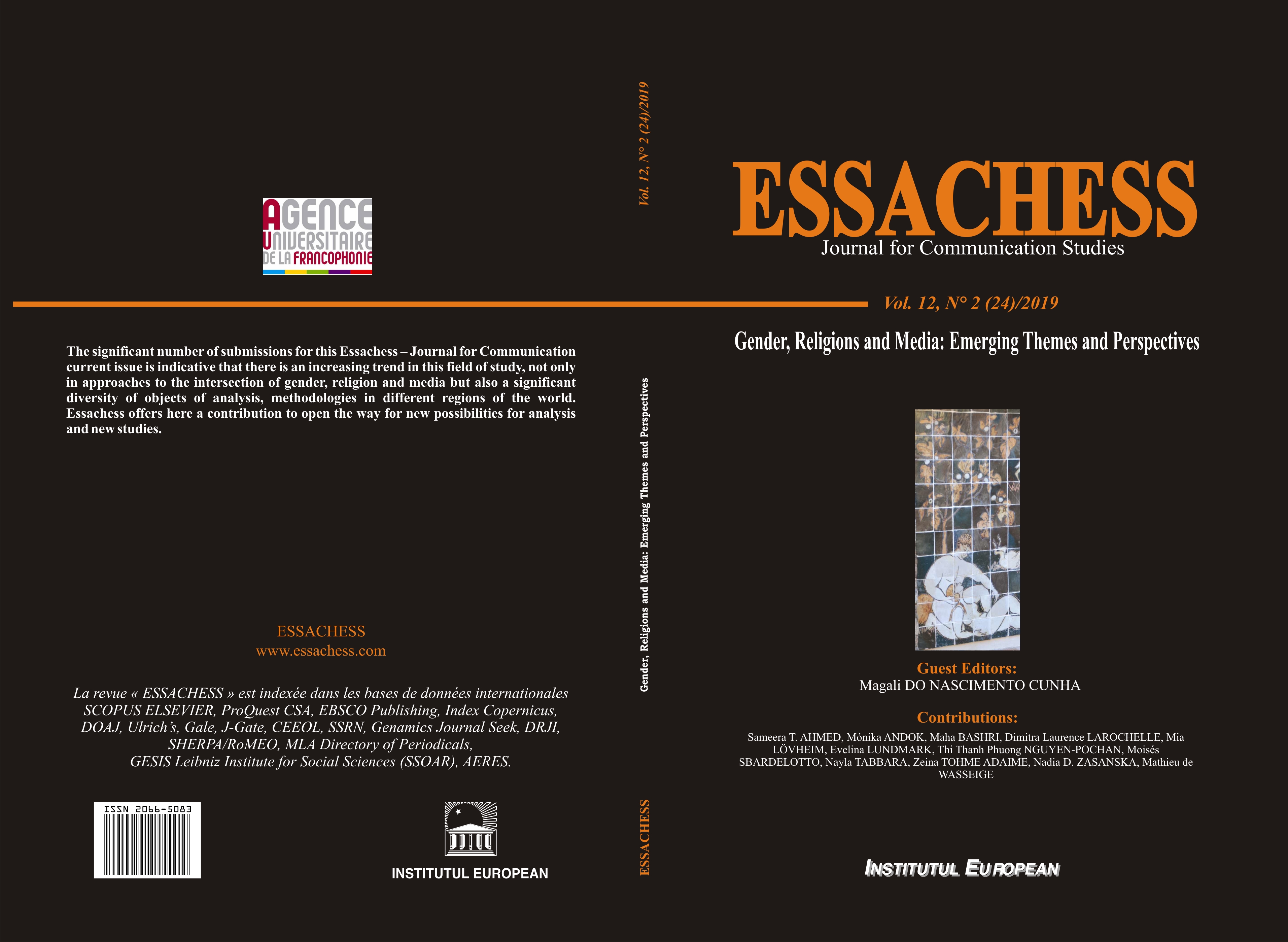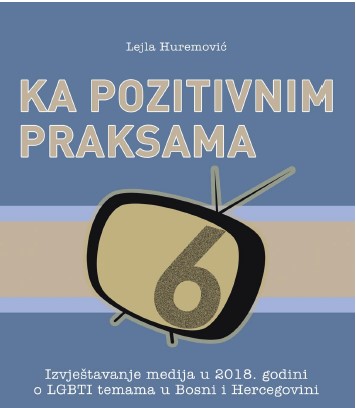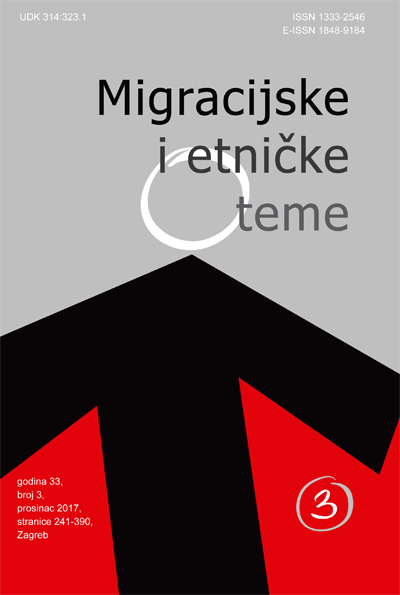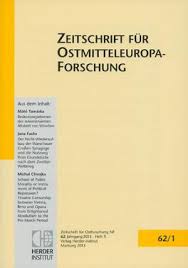Author(s): Hariz Halilovich / Language(s): Croatian
Issue: 3/2019
This paper is based on an anthropological study investigating the impact of forced displacement, genocide, and missing persons on the social identities of surviving women, their families and local communities in Bosnia Herzegovina and the Bosnian diaspora. By the end of the 1992-95 Bosnian war, more than 100,000 had been killed and close to 40,000 individuals reported missing – some 7,000 of whom have still not been found or identified. No knowing where the body of one’s loved one is, makes the grieving process of many surviving families much harder than it would be if they had been able to bury the victims. The issues surrounding the missing and their exhumation, identification and burial are some of the lasting legacies of genocide and war in Bosnia, that still affect many individuals, especially war widows and their families, as well as the respective local communities. The gaps, absences, and open-ended temporality the missing persons left behind also impact on politics, culture and reconciliation within the broader Bosnian society and the diaspora.More than two decades after the war, in many respects, Bosnia can still be seen as an exemplar of a post-conflict society, where the progress towards achieving a just and lasting peace has been halted by unresolved issues from the past, including the issue of the missing. In regard to the missing (presumably dead), what is often depicted as an “unresolved past” is in fact an unresolved present, spread through global connections across time and space and having significant affects and effects even on those who now live at great geographic distances from the original violence.The issue of the missing in Bosnia is predominantly, but not exclusively, affecting the Muslim (Bosniak) community. Mourning the dead in Islam typically takes place in the private domain and those who died in conflict or as innocent victims are regarded as šehidi, martyrs who will be rewarded in the afterlife. However, in the case of the missing, there are no adequate religious rituals offering closure or recognising a missing person as šehid able to “resettle” (preseli) in afterlife. Instead of referring to the missing as those who now rest in peace, or literally those who “resettled ” (preselili) in the afterlife (ahiret), the common reference for the Srebrenica genocide victims in 1995 is “those who did not get across” (nisu prešli), also symbolically sug¬gesting the inability of the missing to resettle (presele), thus remaining in a state of post-mortem liminality.While coping with their own trauma, loss and displacement, many Bosnian survivors, especially women, have taken up the crucial role in identifying the remains of relatives uncovered from mass graves spread across the country. They have often literally been the embodiment of the search for and identification of the missing in more than one way. They have preserved a link between those who perished and those who survived both through their narrated and documented memories of the missing and though their bodies. In Bosnia, DNA has served as a crucial piece of information required to establish identities of the missing. DNA matching technolo¬gies have equally challenged and reinforced the importance of blood relations and blood as the “shared essence” through which kinship is defined and relations between individuals are imagined, linking not only parents and siblings in a direct blood relation, but also husbands and wives and subsequently leading to identification of other missing “non-blood” relatives. However, as anthropologist Sarah Wagner has witnessed and described, DNA evidence does not exist in a vacuum; rather, its success depends on other manifestations of individual lives, social ties, and everyday practice: family members holding a piece of cloth, touching its fabric, whose pattern and stitching are indelibly etched into their memory, use their own recollections to help retrieve their missing relatives’ remains.In the first part of the paper, statistical and historiographical facts related to the 1992- 95 war casualties in Bosnia and Herzegovina (BiH) are presented and the shortcomings of the quantitative research approaches in drawing conclusions about the es¬sence, character and consequences of the war events on different demographic and gender groups in BiH are pointed out.In the second part—through an ethnographic description of the life of one of the war widows and a mother who lost two sons and who now lives in the diaspora—the author describes the difficulties that accompany the war widows, both at the psychological and socio-cultural levels, as well as the reasons for many women to choose to migrate to third countries. The paper then describes how medical and forensic DNA biotechnology has helped to rehumanize the missing and killed, while the post-war bureaucracy in BiH has largely had a different, dehumanising effect on the war widows and survivors, which was often one of the reasons for their emigration.For mothers who lost children and war widows who lost husbands, it is expected that, for the rest of their lives, they will continue to perform the roles, adjusting their lives and embodying eternal grief for their loved ones. Across south-eastern Europe and the Balkans this aspect of patriarchal tradition has survived in many communities—among Christians and Muslims alike. Many women, once they lose their loved ones, spend the rest of their lives in mourning dress code. They also tend to become more religious and to perform regular rituals to honour and remember their dead. Even their everyday lives are readjusted so there are constant reminders of those they lost. Their public identities become those of mourning women. Often, they remain so for years, sometimes for the rest of their lives. These have been the unwritten rules and expectations of the women’s own communities that have been reconstructed after the war. In conclusion, the author advocates for an activist approach to socio-humanistic research related to the issues that accompany war widows, with the aim of protecting and promoting their human rights and dignity.
More...

